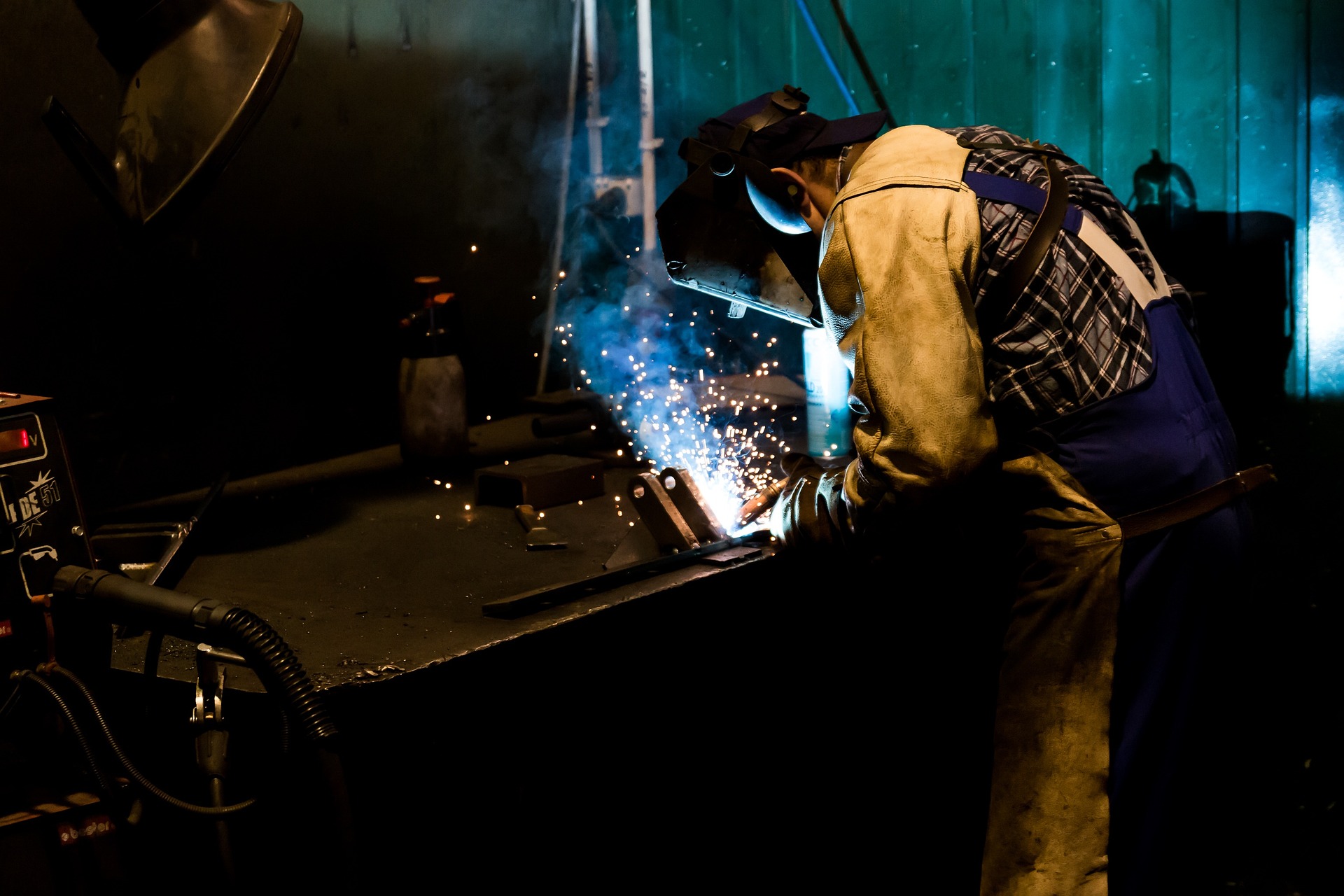Exploring New Opportunities in the Welding Industry
Spain’s welding industry is evolving with modern technologies and growing demand across construction, manufacturing, and renewable energy. Skilled professionals play a vital role in advancing local production and innovation. Discover how the welding sector supports stable career paths and the country’s expanding industrial development.

The welding industry stands as a cornerstone of modern manufacturing and construction, with skilled professionals playing a crucial role in everything from shipbuilding to aerospace engineering. As industries evolve and new technologies emerge, the demand for qualified welders continues to grow, especially in industrial regions like Spain. With the country’s strong manufacturing base and expanding infrastructure projects, welding fabrication has become an increasingly important sector offering stable employment and competitive wages for those with the right training and skills.
Current State of Welding Fabrication in Spain
Spain’s welding and metal fabrication industry has experienced significant growth in recent years, particularly in industrial centers such as Barcelona, Valencia, and Bilbao. The sector encompasses everything from small artisanal workshops to large-scale industrial operations serving automotive, aerospace, and maritime industries. According to industry reports, Spanish welding fabrication companies have been increasingly adopting advanced technologies like robotic welding and laser cutting, creating new skill requirements for the workforce. This technological evolution has created a two-tier labor market where traditionally trained welders work alongside specialists in automated systems.
Training Pathways for Welding Careers
Welding training in Spain follows several established pathways, ranging from vocational education to specialized certification programs. The country’s Formación Profesional (Professional Training) system offers dedicated welding courses at both basic and advanced levels. These programs typically combine classroom instruction with hands-on practice, covering essential techniques such as MIG, TIG, and stick welding. For those seeking more specialized skills, organizations like the Spanish Welding Association provide certification courses aligned with European standards. Many successful welders begin with foundational training before specializing in areas like underwater welding, pipeline construction, or aerospace applications.
Metal Fabrication in Barcelona’s Industrial Landscape
Barcelona has emerged as a significant hub for metal fabrication in Spain, hosting numerous workshops and factories serving diverse industries. The city’s strategic Mediterranean location makes it ideal for shipbuilding and repair operations, while its strong industrial base supports automotive and machinery manufacturing. Training centers in Barcelona offer specialized courses tailored to the region’s specific needs, often incorporating instruction on the latest technologies and techniques. Many of these programs maintain close relationships with local welding companies, facilitating apprenticeships and job placements for graduates. The Barcelona metropolitan area alone hosts over 200 metal fabrication businesses, ranging from small family-owned shops to large industrial operations.
Technological Innovations Changing the Field
The welding industry is undergoing rapid technological transformation, with innovations like computer-controlled welding systems, augmented reality training simulators, and advanced materials changing traditional practices. Spanish welding companies are increasingly investing in these technologies to improve efficiency and quality while reducing costs. This evolution requires welders to develop new skills beyond traditional techniques, including computer programming, quality control procedures, and understanding of metallurgical principles. Training programs across Spain have begun incorporating these technological elements into their curricula, preparing students for the increasingly digitized workplace they will encounter.
Employment Prospects for Trained Welders
The employment outlook for qualified welders in Spain remains positive, with particular demand in specialized sectors like pressure vessel fabrication, structural welding, and industrial maintenance. Welding companies throughout the country regularly report difficulties finding adequately trained personnel for specialized positions, creating opportunities for those with proper certification and experience. The industrial regions surrounding Barcelona, Madrid, and Bilbao consistently show the strongest demand, though opportunities exist throughout the country. International certification can further enhance employment prospects, allowing Spanish welders to pursue opportunities throughout the European Union and beyond.
Comparison of Major Welding Training Programs in Spain
When considering welding training options in Spain, prospective students have several established programs to choose from, each with different specializations and approaches.
| Training Provider | Program Duration | Specializations | Certification Offered | Location |
|---|---|---|---|---|
| Centro de Formación en Soldadura | 6-12 months | General welding, Pipe welding, Structural welding | ISO 9606 | Barcelona, Madrid |
| CESOL (Spanish Association of Welding) | 3-9 months | Advanced techniques, Inspector training | European Welding Federation | Multiple locations |
| Instituto de Soldadura IFES | 4-8 months | Industrial welding, Aluminum welding | National certification | Valencia, Seville |
| Escuela de Soldadura Integral | 6 months | Underwater welding, High-pressure vessels | International standards | Barcelona |
| Centro Técnico de Soldadura | 3-12 months | Robotic welding, Quality control | Industry-recognized | Bilbao, Zaragoza |
Prices, rates, or cost estimates mentioned in this article are based on the latest available information but may change over time. Independent research is advised before making financial decisions.
International Opportunities for Spanish-Trained Welders
Welding skills are highly transferable across international borders, creating global opportunities for well-trained Spanish professionals. European Union membership facilitates employment mobility, allowing Spanish welders to work throughout the continent without complex visa requirements. Many Spanish welders have found success in Germany’s manufacturing sector, Norway’s oil and gas industry, and France’s nuclear power facilities. International certification standards like ISO 9606 and AWS (American Welding Society) credentials are increasingly important for those seeking opportunities abroad. Several training programs in Spain now specifically prepare students for international employment, including specialized language instruction and familiarity with foreign technical standards.
The welding industry continues to offer stable, well-compensated career opportunities for those willing to invest in proper training and certification. As Spain’s manufacturing and construction sectors continue to evolve, the demand for skilled welders remains consistent, particularly for those specializing in advanced techniques or emerging technologies. Whether pursuing opportunities in Barcelona’s vibrant metal fabrication sector or considering international positions, properly trained welders can look forward to diverse career paths with potential for growth and advancement. The key to success lies in selecting appropriate training aligned with personal career goals and industry demands, followed by continuous skill development throughout one’s professional journey.




